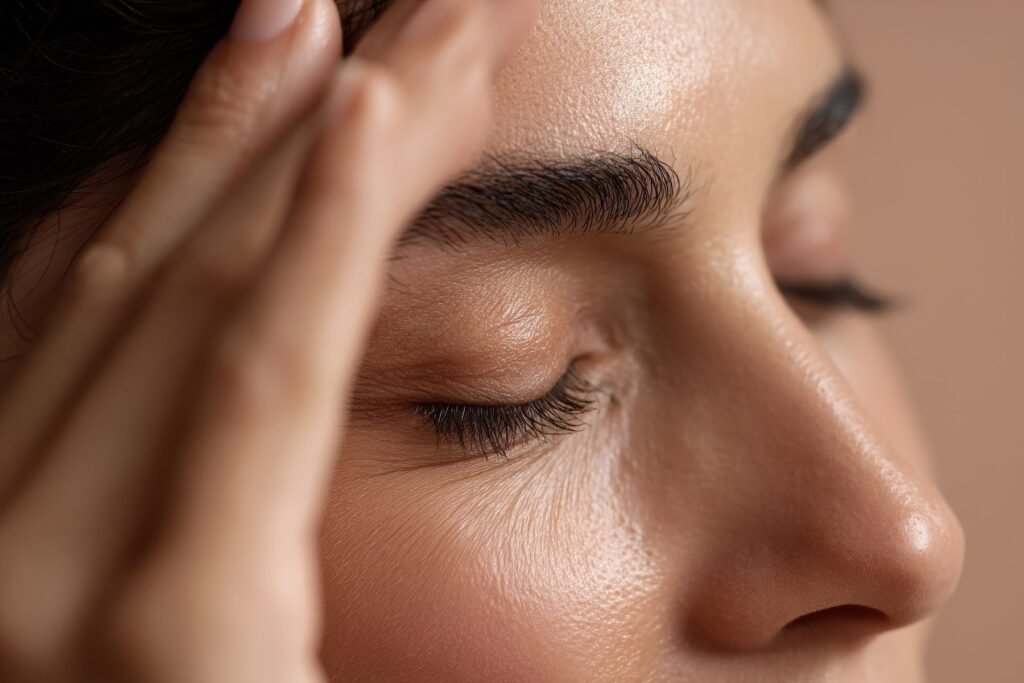The Crucial Link Between Dermatological Conditions and Suicide Risk
Suicide risk management plays a vital role in the treatment of patients with dermatological conditions. A recent study published in JAAD Reviews highlights how mental health issues often arise from the stigma attached to visible skin disorders. Understanding this connection is essential for healthcare providers aiming to offer comprehensive treatment.
The Global Landscape of Suicide
According to the World Health Organization, suicide remains a significant global health concern, being the third leading cause of death among individuals aged 15 to 29 in 2021. For every suicide, there are numerous attempts, underscoring the necessity for effective suicide prevention strategies. While psychiatric disorders such as depression and anxiety are recognized risk factors, the impact of dermatological conditions is less understood.
- Stigmatized skin conditions contribute to psychological challenges.
- Previous studies have not clearly established a link between skin disorders and suicide risk, but emerging research suggests otherwise.
Emerging Evidence on Skin Conditions and Suicide
Recent findings present a contrasting view where skin disorders, particularly hidradenitis suppurativa and melanoma, have been directly associated with increased suicide risk. However, conditions like psoriasis and dermatitis did not show a significant correlation. This ongoing dialogue in dermatological research aims to further dissect the links between these conditions and suicidal ideation.
Key Findings from Recent Studies
- Depression Rates: Among patients with acne, psoriasis, and atopic dermatitis, depression prevalence stands at 27.2%, and anxiety at 28.8%.
- Suicidal Ideation: A systemic review identified that 0.45%-67% of patients with these skin conditions experienced suicidal thoughts.
Understanding Age-Related Vulnerabilities
Young Adults and Adolescents
- Visible skin diseases pose a significant suicide risk for younger patients. During adolescence and early adulthood, the susceptibility to social rejection and peer bullying heightened by these visible conditions significantly affects self-esteem, thereby increasing the likelihood of depression and suicidal thoughts.
Adults with Chronic Conditions
- Adults with chronic dermatologic conditions experience their own unique challenges. The chronicity and stigmatization attached to their conditions lead to social isolation and ongoing discomfort, factors that are equally detrimental to mental health.
Action Steps for Healthcare Providers
With the evidence supporting a correlation between dermatological diseases and increased suicide risk, healthcare providers need to adopt a proactive approach:
- Mental Health Screenings: Dermatologists should implement routine screenings for depression and suicidal ideation.
- Referral Networks: Establishing connections with mental health professionals ensures that patients have access to the support they need.
- Collaborative Care: Integrative models involving dermatologists, psychologists, and psychiatrists can improve outcomes for patients facing both dermatological and mental health challenges.
Emphasizing the Importance of Early Identification
Understanding the psychosocial dynamics at play can empower dermatologists to be advocates for their patients’ mental health. Regular assessments during patient interactions may help:
- Identify early signs of mental distress.
- Offer timely referrals to appropriate mental health resources.
Conclusion
The intersection of dermatology and suicide risk management is increasingly recognized as a crucial area of healthcare. Patients with visible and stigmatizing skin conditions face unique psychological hurdles that can elevate their risk for depression and suicidal ideation. By incorporating mental health screenings and establishing referral networks, dermatologists can enhance the standard of care provided to their patients.
For more information on how to effectively manage both dermatological and mental health conditions, consider checking out the Journal of the European Academy of Dermatology & Venereology for ongoing research in this crucial field.
By acknowledging the impact of skin conditions on mental health, healthcare providers can create a more integrated approach that caters to the comprehensive well-being of their patients, ultimately contributing to improved health outcomes.


